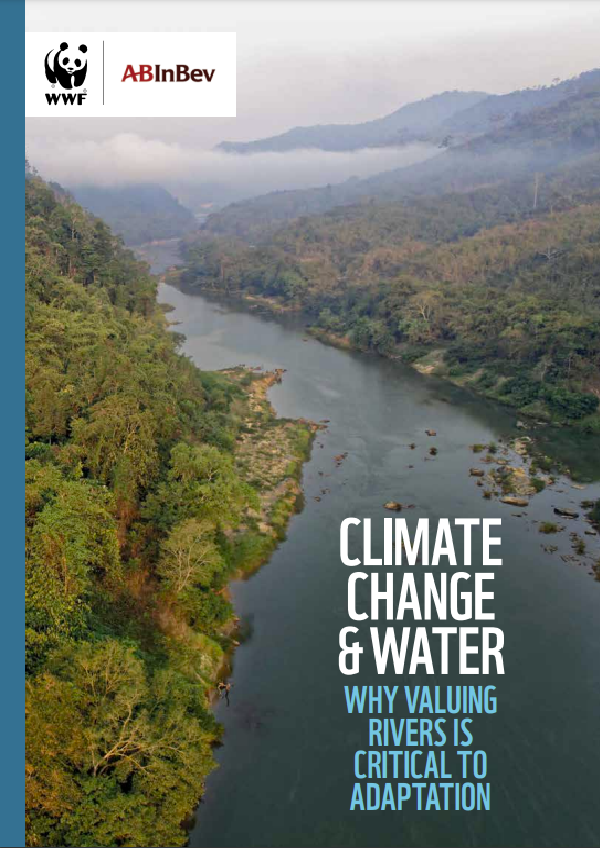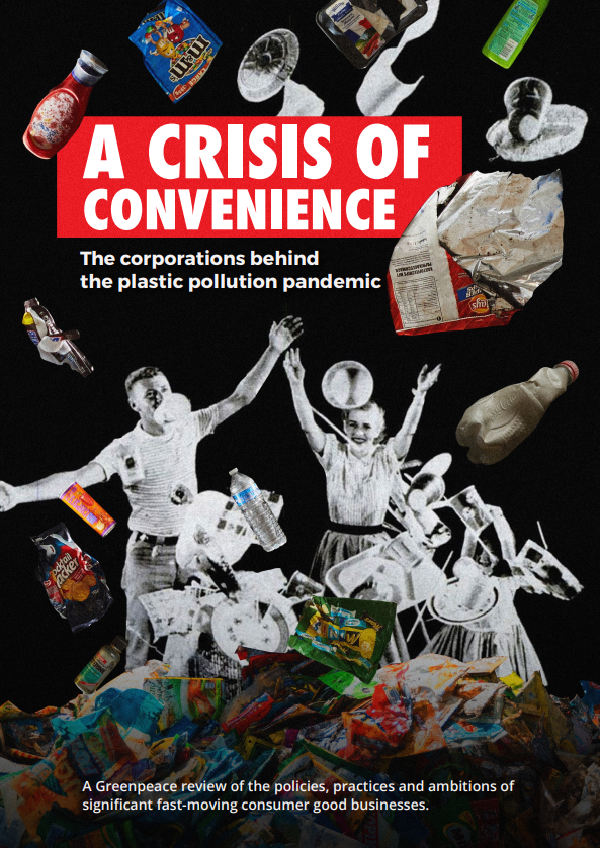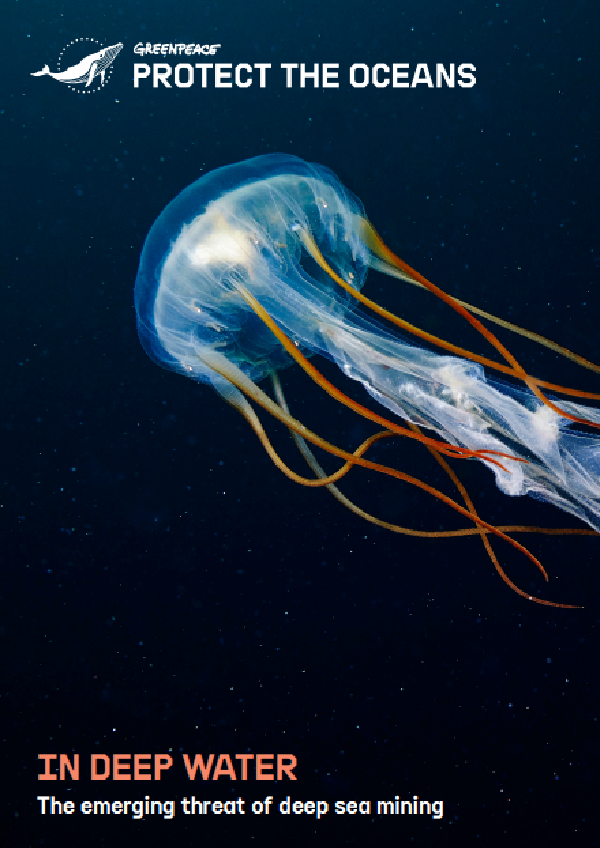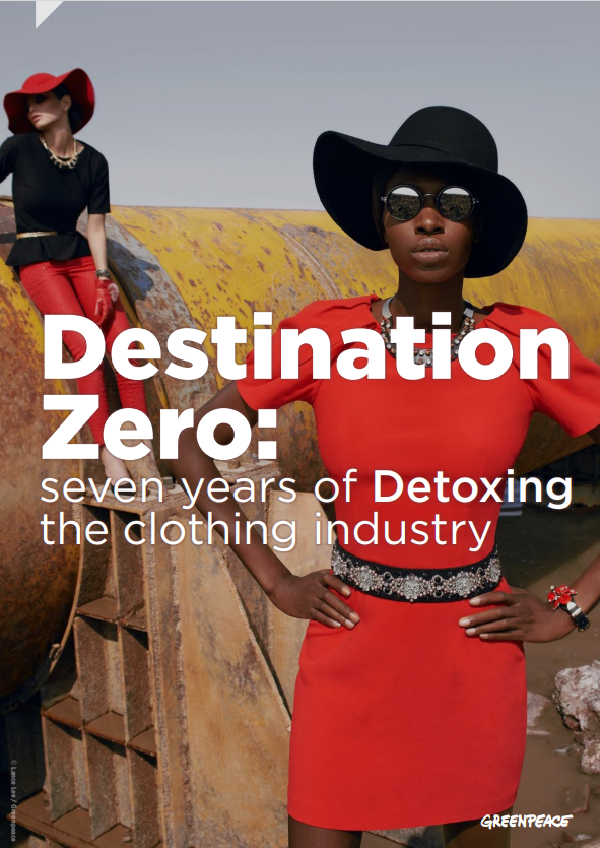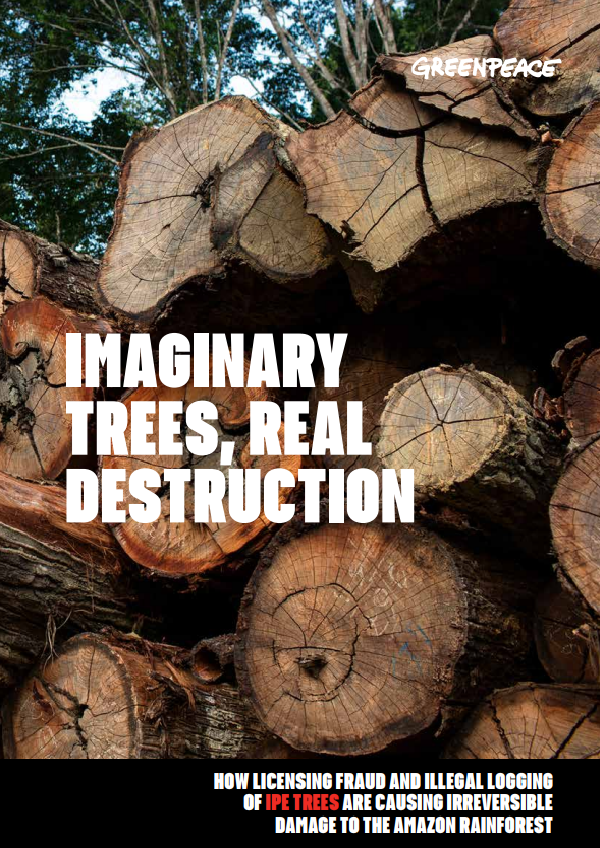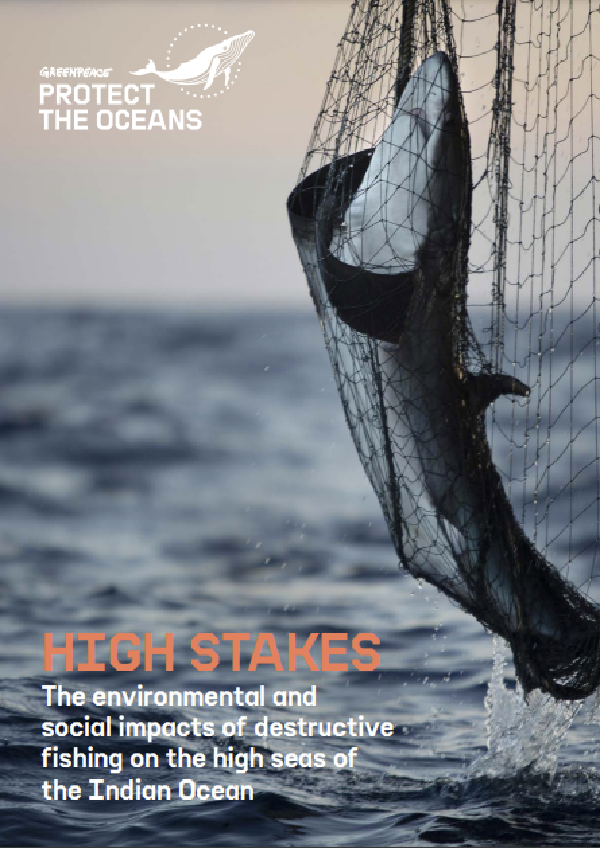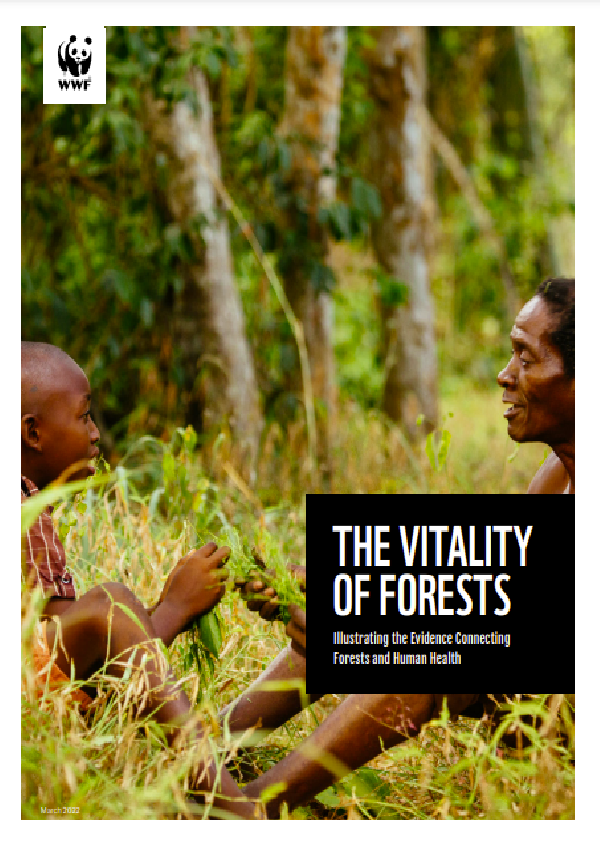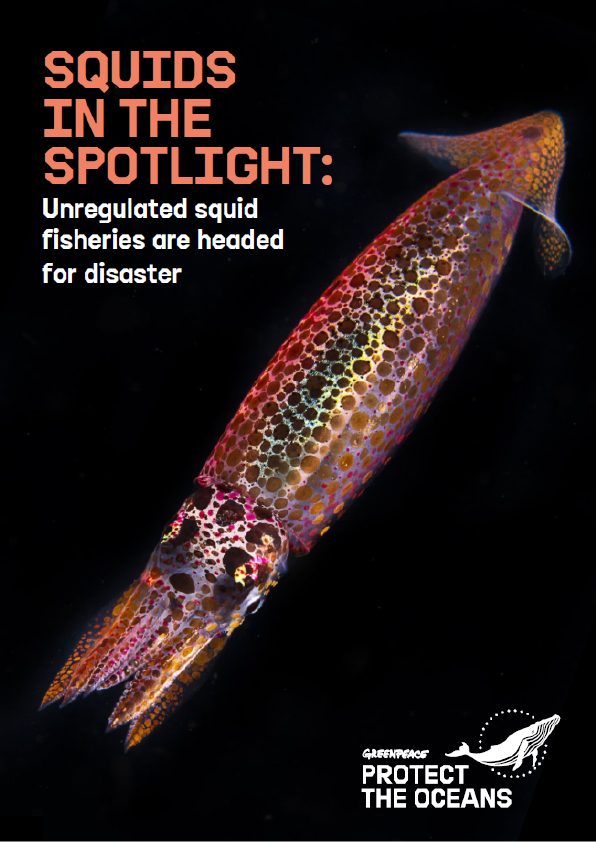Climate action will be the focus of a series of critical conferences in 2019 and 2020, including the High-Level Political Forum, the United Nations Climate Summit and the official start of the Paris Climate Agreement.
As this report shows, freshwater conservation issues must be at the heart of the climate agenda and efforts to achieve Sustainable Development Goal (SDG) 13. While freshwater is a major conduit through which climate impacts are felt, it can also play a central role in climate adaptation and resilience-building for people, economies and nature. Managing water carefully through nature-based solutions is a crucial element in tackling the most serious global climate risks.
Strengthening water resilience to climate change is a key strategic opportunity for countries aiming to meet their United Nations Framework Convention on Climate Change (UNFCCC) nationally determined contributions (NDCs). Cape Verde, for example, states that implementing integrated water resources management at a national level will be its NDC for climate adaptation. This report highlights the nature-based opportunities, which will help countries meet their NDCs at the same time as increasing their water resilience.
Climate change makes the water challenges we face more severe. However, at the same time, freshwater is the lever through which we can help mitigate climate risks. Sound water policies, practices, investments and governance that recognize the full value of functioning and healthy freshwater systems will make us more climate resilient. Water is the sector where most climate impacts are felt and where climate resilience must be developed.
RIVERS, LAKES AND WETLANDS UNDERPIN OUR SOCIETIES AND ECONOMIES.
Water is at the heart of food production, and huge quantities are used to produce everything we eat and drink. Through hydropower and cooling processes in other electricity generating stations, water keeps our lights on and helps power our industries. Rivers supply our cities with water and carry away our waste. Our economies and societies depend on having enough clean water, delivered through properly managed rivers, lakes and aquifers across the globe.
But this crucial resource is at risk: the quantity and quality of freshwater are both deteriorating. There is over-abstraction and pollution, poor management of resources and the continuing rapid loss of wetlands. What’s more, climate change is making a bad situation worse. Ambitious action to reduce greenhouse gas emissions is essential to limit global heating to 1.5°C above pre-industrial levels and change our current disastrous climate trajectory. But we are already feeling the impacts of climate change.
